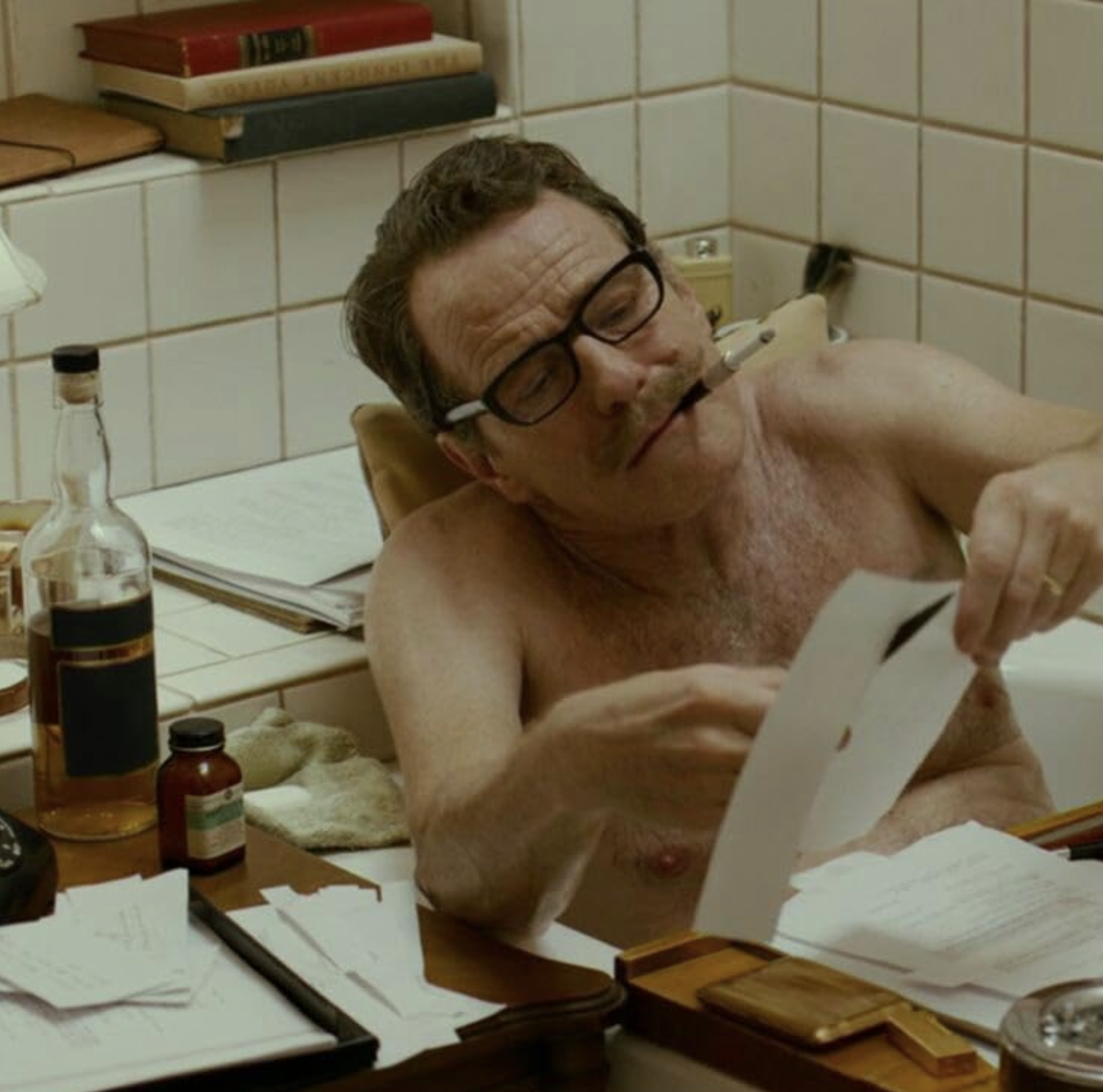What To Do When You’re Lost in Your Script
August 11, 2023
Nowadays, if you’re out and about and you happen to get lost, it’s pretty easy to find your way. Everyone is just a few clicks away from opening a map and finding directions on their phone.
But if you get lost while writing your screenplay, unfortunately, your phone can’t connect to some big screenwriting satellite in the sky and give you turn-by-turn instructions for what to do.
While maps might not be much help, when you’re lost in your script, thankfully there are a few things you can try to get back on track.
Read More: 10 Ways to Beat Writer’s Block According to Science

Re-Read What You Have So Far
First thing first: read what you’ve written so far. When you’re writing a 100-plus page feature script, it’s easy to lose sight of what’s happening on page one when you’re 50 or 60 pages into the story. Re-reading your own work is a surefire way to help you get back into the groove of writing.
As you re-read your pages, try NOT to edit anything as you go. Trust me, I know it’s tough. Allow yourself to fix any typos, but make a concerted effort to turn off your editing brain and just read what you have. The point of this exercise is to refresh your memory of the story, not get even further lost in the weeds of revision.
Get an Outside Perspective
If re-reading your own work doesn’t provide insight, it’s time to turn to a trusted reader.
As you write, it’s only natural that you’ll get closer and closer to the heart of the story. Which makes it even easier to lose yourself in it, completely unable to see the bigger picture because you’re just too close to it. Having a third party — someone who isn’t actively writing the thing — read your script is a great way to get a fresh perspective on what’s working and, more importantly, what’s not working.
A trusted friend, fellow writer, or, heck, even your mom might be able to identify what’s wrong with your script in minutes, whereas without help it could take you months. And if you want to take it even further, you can always get script coverage from a professional script reader.
Skip Ahead to the Exciting Part
For those of us that write chronologically — from the beginning of the story all the way through to the end — if you find yourself lost in the weeds of writing, you might want to hit the figurative fast-forward button.
If there’s a scene you’re particularly excited to work on, allow yourself the freedom to skip ahead. Jumping around to whichever parts of your story you feel like writing at the moment might help you find your way out of whatever rut you wrote your way into.

Solidify Your Structure
The fact that you got lost in your script might be a sign that there’s something bigger to address in a structural sense.
Without looking at any previous outlines or script pages, re-outline your story. Make sure you can identify the key points of story structure — the inciting incident, midpoint, low point, and climax — and re-examine your story’s three-act structure breakdown.
If you’re going this route to find your way, what you’re really trying to do is identify the larger problem at hand. Is there something about your story that’s not working at a fundamental level that has caused you to veer off-course?
Remember, identifying the problem is always much harder than coming up with a solution. This is the tough part. Power through until you get back on track!
Read More: Three-Act Structure: The Foundation of Screenwriting
Talk It Out
Sorry screenwriters, but sometimes we have a tendency to get lost in the words on the page. We spend too much time crafting a quippy line of dialogue or a perfectly-phrased action paragraph and not enough time on the story itself.
If you think this might be the reason you got lost, try shutting that laptop and talking to someone instead.
Tell someone your story verbally, taking them through the key points and events without all the details that go into your Final Draft doc. Pay attention to what questions your audience has, where you start to go awry with the storytelling yourself, and when (or if) the story becomes confusing.
Who’d have thought that talking would be the solution to writing?
*If you’re going to try this, you might consider recording a voice memo of the conversation so you can listen back later!*

Stop Writing Your Script
Sometimes the best thing you can do for your writing is to stop writing altogether.
Watch a movie or show you love — maybe something that inspired your work in progress, or something you want to emulate with your story. Read something. Take a walk. Do the dishes. Solve that day’s Wordle.
There’s a lot of pressure to get everything exactly right when you’re sitting at your desk and that cursor on your screen won’t stop blinking. But if you step away — and I’m talking literally, not figuratively — your brain will unconsciously start working out problems in your script for you.
All I’m saying is… I think there’s a reason Dalton Trumbo ended up writing his scripts in the bathtub.
Personally, I think that if you don’t get lost at least once while writing your script, you’re doing something wrong. The creative process is long and winding, and you’re bound to lose your way at some point.
So embrace it! Let yourself get gloriously lost in your script, but always try to find your way back in the end.
Read More: 5 Tips to Staying in Screenwriting Shape
Written by: Britton Perelman
Britton Perelman is a writer and storyteller from the middle of nowhere, Ohio. She received her MFA in Screenwriting from the University of Texas at Austin in 2023. When not writing, Britton's either belting along to Broadway musical soundtracks or making miniature bookshelves. Find more of her writing on her website or follow her on Instagram.



